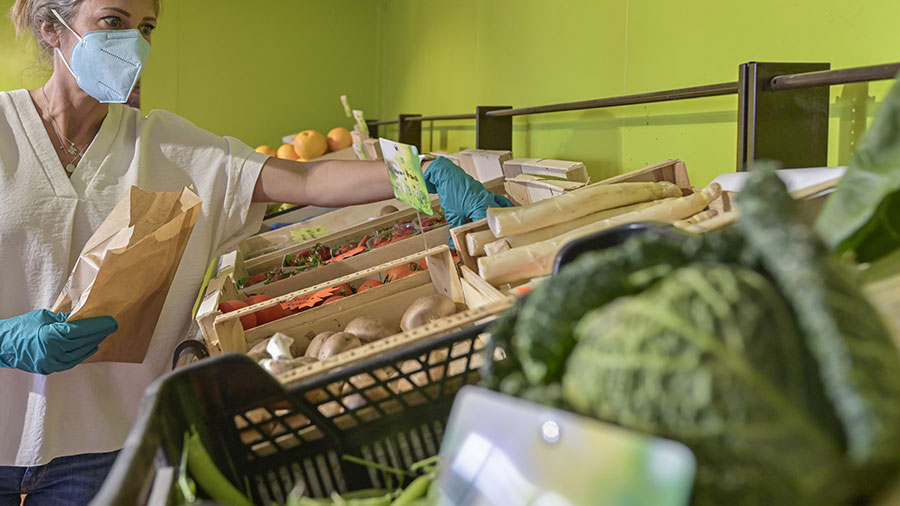Covid-19: Latest on help for staff and self-employed
 © AdobeStock/ElitProd
© AdobeStock/ElitProd New measures have been announced to help businesses affected by lockdowns and the government’s tiered approach to tackling Covid-19.
We round up the latest from the available support schemes to help you find the most relevant information quickly
See also: Coronavirus: £5,000 grants offered to help business recovery
Job Support Scheme (JSS)
Designed to encourage employers to keep on staff, there are two levels of the JSS, one for businesses which can remain open but face reduced demand, and another for those which must close. Both come into effect on 1 November.
JSS Open – Employers facing decreased demand but not legally required to close
JSS Open replaces the scheme which had originally been intended to replace furlough. It gives employers the option of keeping staff in a job on shorter hours rather than making them redundant.
The employee will need to work a minimum of 20% of their usual hours and the employer will pay them as normal for those hours worked.
Alongside this, the employee will receive 66.67% of their normal pay for the hours not worked, with the employer paying 5% of their reference salary for the hours not worked, to a maximum of £125 a month. Employers can pay more if they wish.
The remaining 61.67% of reference salary for the hours not worked will be paid by the government up to a maximum of £1,541.75 a month.
JSS Closed – Employers legally required to close their premises
Employees who cannot work because their employer has been ordered to close will receive two thirds of their normal pay, paid by their employer and fully funded by the government, to a maximum of £2,083.33 a month. Employers can pay more than this if they wish.
Employers must still deduct and pay National Insurance contributions (NICs) and PAYE income tax on the full amount paid to the employee, including any sums subsequently paid by a scheme grant. Student Loan deductions and Apprenticeship Levies must also still be paid, along with pension contributions.
JSS timeline
- Opens on 1 November 2020
- Runs for six months to 30 April 2021
- Government will review scheme terms in January 2021
- Employers can claim in arrears from 8 December 2020
- Payments made after the claim approval
- More guidance for employers will be published by the end of October.
Job Retention Bonus (JRB)
Employers in both JSS groups will be eligible for the JRB. This pays £1,000 for each job maintained beyond the end of January 2021, and is also payable for any employee furloughed and kept continuously employed until 31 January 2021.
Self-Employment Income Support Scheme (SEISS)
The proportion of profits covered by two forthcoming self-employed grants will be increased from 20% to 40%, taking the maximum grant from £1,875 to £3,750.
This is a taxable grant based on average monthly trading profits, covering three months’ worth of profits. The grant is also subject to NICs.
The first tranche of this support will be for November to January, with a further grant covering February to April.
To be eligible, self-employed individuals, including members of partnerships, must:
- Have been previously eligible for the SEISS first and second grant (but do not have to have claimed these previous grants)
- Declare that they intend to continue to trade and are either currently actively trading but are affected by reduced demand due to coronavirus, or were previously trading but are temporarily unable to do so due to coronavirus.
Details on how to claim will be provided by HMRC on the gov.uk website.
Business grants
Business grants will also be available through local authorities for businesses suffering lower demand because of coronavirus restrictions, and for those forced to close.
